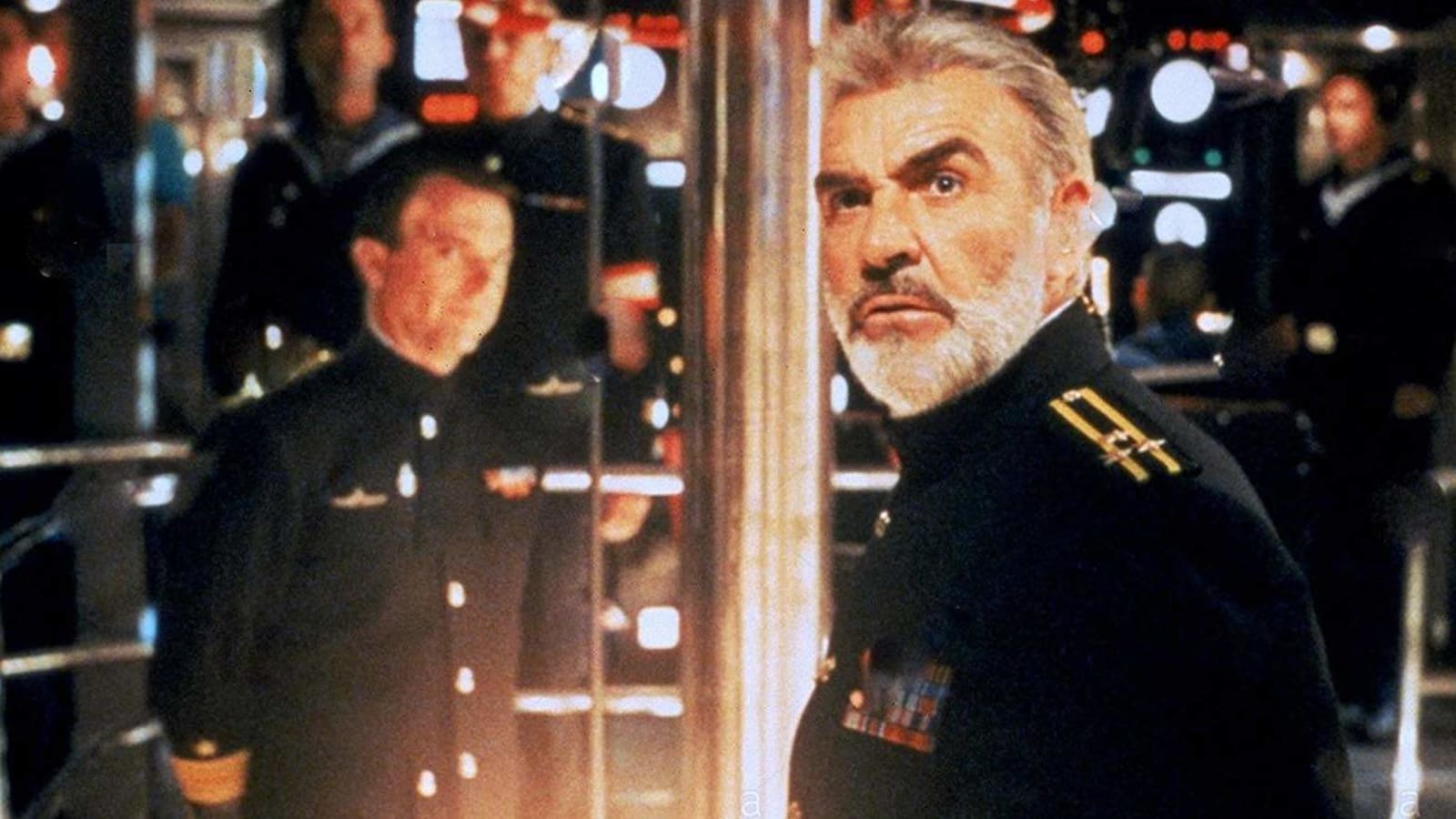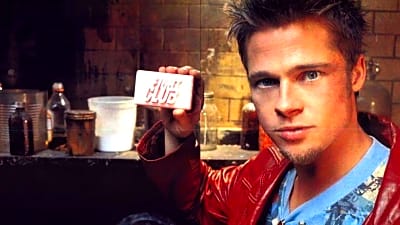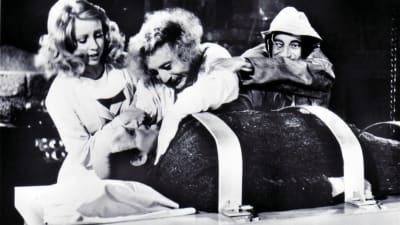
The Cold War nostalgia of "The Hunt for Red October"
March 2, 1990, was not exactly the best time to launch a Cold War thriller. The Berlin Wall had fallen, the Soviet Union was opening up to the West under Mikhail Gorbachev’s glasnost initiative and the Baltic States were on the verge of declaring independence. For decades the world had lived with the threat of an apocalyptic nuclear war; now, the two countries most capable of bringing this about were discussing massive arms reductions. It was a time of hope.
John McTiernan’s adaptation of Tom Clancy’s “The Hunt for Red October” was set six years earlier during a time of great uncertainty. Its premise – Soviet submarine commander Marko Ramius (Sean Connery) goes rogue with a nuclear vessel that can drift into enemy territory undetected – lacked the white-knuckle “what if” suspense that made the book a worldwide sensation. We were learning just how economically crippled the Soviet Union had become under authoritarian rule, and this film was essentially asking us to pretend we were still afraid of annihilation.
While McTiernan and his screenwriters (Larry Ferguson and Donald E. Stewart) constructed a bracingly effective thriller that racked up $122 million at the U.S. box office, I initially had a hard time buying into it for a couple of reasons: One, I was up on current events, and, two, I was about to embark on a trip with my high school Madrigals group to the Soviet Union. I didn’t want to live in fear of the “Evil Empire” anymore. I wanted to befriend these people.
It was a jarring juxtaposition. One month I was taking in a lavishly produced Hollywood entertainment populated with wily Russians seemingly eager for toe-to-toe nuclear combat with America, and the next I was actually in the country and meeting teenagers who looked to my country as a beacon of freedom for the world. As we walked the streets of Leningrad, Moscow, Riga and Tallinn, beautiful cities with vibrant street scenes set against curiously empty storefronts, the notion of “The Hunt for Red October” pandering to residual anti-Soviet sentiment in America irked me.
Though Ramius’ journey is ultimately one of defection rather than destruction, the depiction of the Russian seamen as brainwashed slaves to the state did not in any way jibe with what I was experiencing. These people weren’t fools. They knew they’d been lied to for years about life in the United States, and they were no longer shy about voicing this opinion.
What a difference 30 years makes.
As the years flew by and the Soviet Union broke apart, I came around on “The Hunt for Red October” as a tautly crafted Cold War relic. Though riddled with shopworn submarine movie elements, I appreciated how McTiernan spun his yarn with Swiss watch precision. I was also finally convinced that America wasn’t going to fall back into an adversarial relationship with Russia. What would be the point? It had an economy to rebuild and wasn't going to accomplish this towering task without us.
Alas, my optimism was not rewarded.
Indeed, a recent viewing of the film did the unthinkable: It made me nostalgic for the Cold War. While both sides of the conflict were being fed a spate of lies by their leaders, at least we could keep track of the untruths. There was a fairly clear delineation between facts and bulls**t; we knew films like “Rambo: First Blood Part II” and “Top Gun” were jingoistic nonsense, and we excused their sins for the sake of a fun night out at the movies. And while the idea of a full-scale nuclear war scared us to death, we trusted the concept of mutually assured destruction; at the end of the day, no one wanted to obliterate the planet. Now our two countries are governed by narcissists who just might push the ol’ button if they sense a threat to their absolute power.
If Hollywood tried to remake “The Hunt for Red October” today, it would still have to be a period piece. In 2020, Ramius would be better off cozying up to a Russian oligarch than seeking asylum in a country that, under its current management, would extradite him straight back to the motherland. And that’s an utterly terrifying thought.
At least the Cold War made sense.
More must-reads:
- 20 films that were terrible even with impressive casts
- 'Anniversary' trailer: Phoebe Dynevor is messing with Diane Lane's family
Customize Your Newsletter
 +
+
Get the latest news and rumors, customized to your favorite sports and teams. Emailed daily. Always free!








